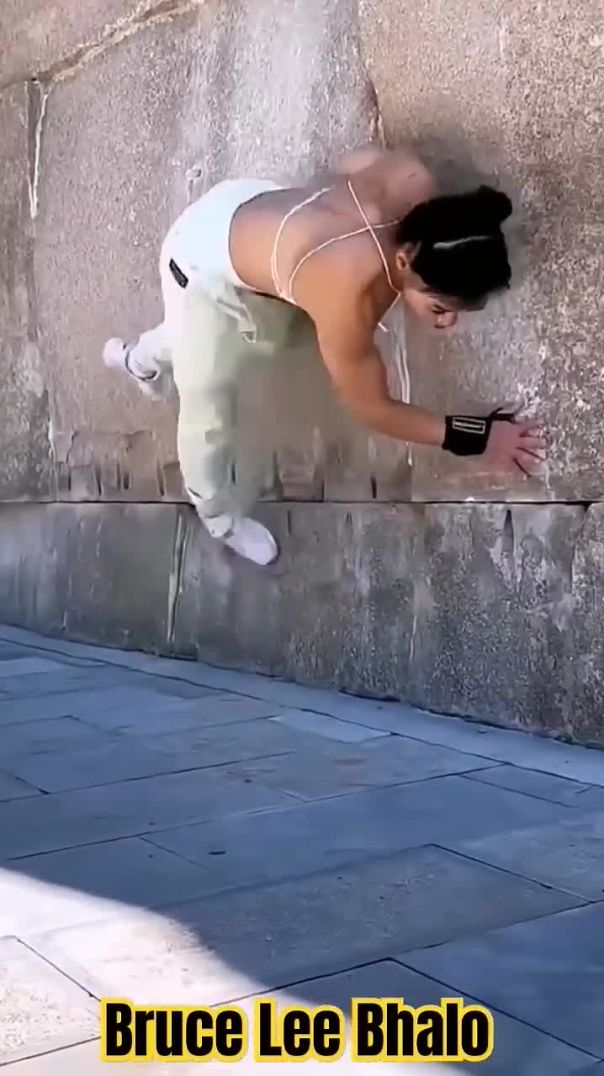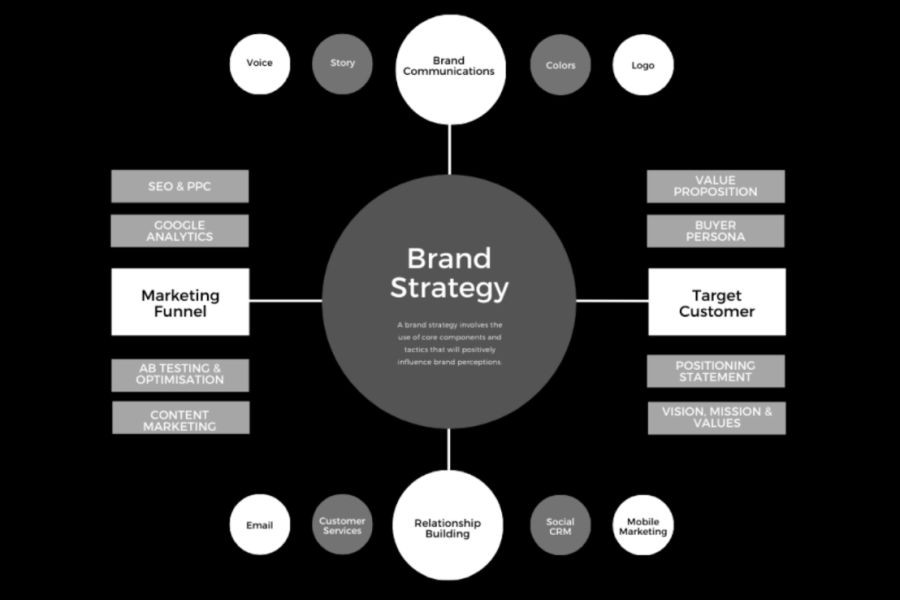Did you know that in New Zealand, the number of students attending private schools has increased by over 20% in the last decade? Despite this growth, not all children gain admission to these coveted institutions. For many Kiwi parents, the dream of enrolling their child in a prestigious private school can turn into a significant disappointment when their application is unsuccessful. Understanding how to navigate this situation is crucial, not just for managing emotions but also for planning the best educational path forward for your child.
Understanding the Private School Landscape in New Zealand
New Zealand's education system offers a diverse range of schooling options, including state, integrated, and private schools. Private schools, often seen as offering superior academic and extracurricular opportunities, charge significant fees and require a competitive application process. According to Stats NZ, the median annual fee for private schools was around NZD 11,000 in 2023. This investment underscores the importance of making informed decisions when considering private education.
Case Study: A Wellington Family’s Experience
Problem: The Smith family, residing in Wellington, faced the challenge of their daughter, Emma, not being accepted into her first-choice private school. Despite excellent academic performance, the school's limited intake meant high competition.
Action: The Smiths explored alternative schooling options, including integrated schools and out-of-zone public schools known for their strong academic programs. They also engaged Emma in extracurricular activities to enrich her educational experience.
Result: Emma thrived in an integrated school setting, participating in a robust science program that sparked her interest in environmental studies. By the end of her first year, her academic performance placed her in the top 10% of her class.
Takeaway: This case highlights the importance of flexibility and exploring diverse educational pathways. For New Zealand families, understanding the breadth of available schooling options can alleviate the pressure associated with private school admissions.
The Emotional Impact and Coping Strategies
For many parents, the rejection from a private school can feel personal and disappointing. It's important to remember that the decision often hinges on factors beyond a child's capabilities, such as class size and demographic considerations. Here are some strategies to manage this emotional journey:
- Reframe the Rejection: View this as an opportunity to explore other educational environments that might better suit your child's learning style and interests.
- Engage in Open Communication: Discuss the situation honestly with your child, emphasizing that their worth is not determined by the school they attend.
- Seek Support: Connect with other parents who have experienced similar situations; sharing experiences can provide comfort and new insights.
Dispelling Myths About Private School Education
Many misconceptions surround private schooling, often clouding judgment. Let’s debunk some common myths:
Myth: "Private schools always offer a superior education."
Reality: While private schools often have more resources, public and integrated schools in New Zealand have achieved high academic standards, with some outperforming private institutions in national assessments (Source: Ministry of Education).
Myth: "Private school rejection means future academic failure."
Reality: Many students who attend public schools excel and are admitted to top universities worldwide, proving that success is not solely dependent on school type.
Pros and Cons of Private vs. Public Schooling
Pros of Private Schooling
- Customized Curriculum: Offers specialized programs and smaller class sizes, fostering personalized learning experiences.
- Networking Opportunities: Access to a network of alumni and resources can benefit future career paths.
Cons of Private Schooling
- Cost: High tuition fees can be a significant financial burden for families.
- Limited Diversity: May lack the socio-economic diversity found in public schools, which can be a valuable aspect of a child's development.
Future Trends in New Zealand Education
Looking ahead, the landscape of New Zealand education is poised for transformation. According to a recent report by the Ministry of Business, Innovation and Employment (MBIE), there will be a growing emphasis on integrating technology into classrooms across all school types. This shift will likely bridge some gaps between private and public education, making high-quality learning more accessible to all students.
Final Takeaways & Call to Action
- Explore all educational options available in New Zealand to find the best fit for your child.
- Engage with your child about their educational journey and encourage resilience and adaptability.
- Stay informed about educational trends and policy changes that may affect schooling options.
Embrace the opportunity to rethink educational pathways and ensure your child thrives wherever they are. What’s your perspective on the future of education in New Zealand? Share your thoughts below!
People Also Ask (FAQ)
- How does New Zealand’s education system compare globally? New Zealand consistently ranks high in global education assessments, with a focus on equity and quality across public and private schools.
- What are the biggest misconceptions about private schooling? A common myth is that private schools always provide a superior education, but public schools in NZ can offer comparable, if not better, outcomes.
- How can parents support their child after a private school rejection? Engage in open communication, explore alternative schooling options, and focus on your child’s strengths and interests for their development.
Related Search Queries
- New Zealand private school admission process
- Benefits of integrated schools in NZ
- How to choose the right school for your child in New Zealand
- Public vs. private school performance NZ
- Education trends in New Zealand 2025


































royalwork
9 days ago